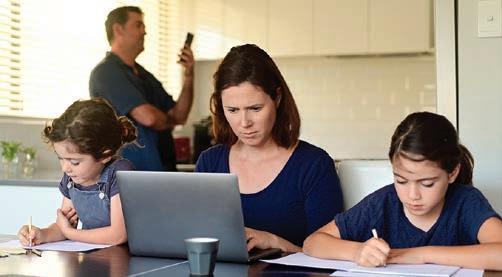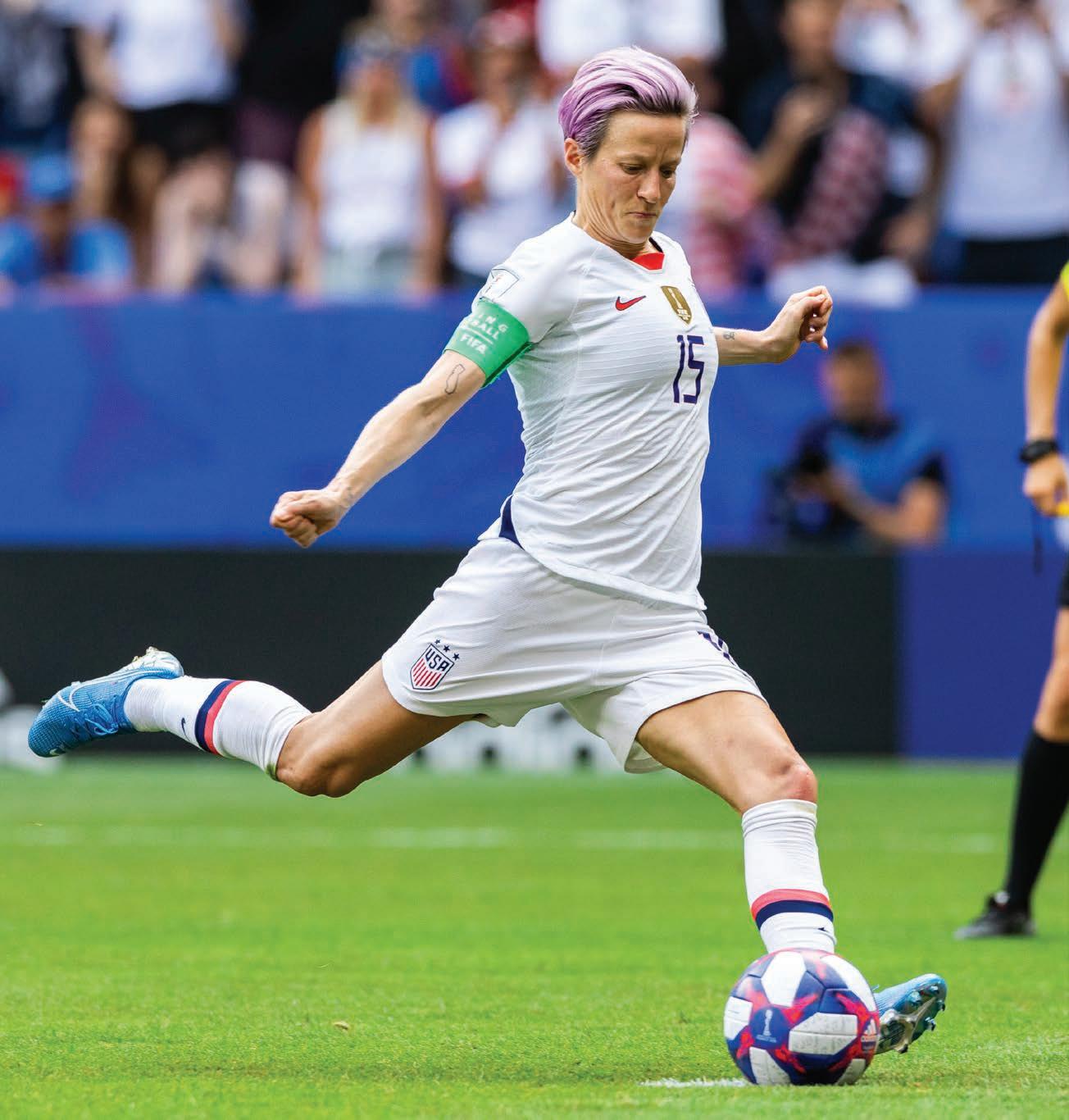
2 minute read
How the world has changed since the pandemic
One of the main changes to our lives during the pandemic was working and studying from home. Companies, schools and colleges worldwide had to shut, sometimes very suddenly and for a long time. At first it seemed great to be able to avoid the cost and stress of the morning commute. People found better work-life balance, which many would like to keep. But very quickly it showed what one economist has called a ‘ticking time bomb for inequality.’ Workers in areas like hospitality and tourism lost their jobs. Children from poorer families couldn’t access online learning and didn’t have their own rooms or devices to do school work.
Our sense of time has changed too. When COVID-19 unexpectedly entered our lives, it separated us from the routines and events that usually structure our lives: work, school, social events, holidays etc. Without these things we’ve experienced time differently. In research in the UK, 40% of people said they had a sense of time passing more slowly than usual, while another 40% felt it was moving faster. Both experiences could lead to feelings of stress and anxiety. The 20%, who experienced no change were perhaps essential workers. Keeping fit and healthy has also changed since the start of the pandemic. Gyms, swimming pools and other sports facilities closed and for a while many of us could only leave the house for very limited reasons and amounts of time. So like everything else exercise suddenly became an at-home activity, with
2 Read the text again and choose the correct option (A, B or C).
1 One of the main changes to our lives has been from home.
A studying B working
C working and studying
2 People found better . A balance B jobs
C places to live
3 Many people have experienced differently.
A light B space C time
4 We have turned our gardens into A garages B gyms C schools
5 What has become more important to us? A friends B nature C social media gardens, garages and living rooms turned into personal workout spaces. There are also now more online health services available.
In a year in which we learned about social distancing and quarantine, many people turned to nature for a sense of peace and well-being. This has helped with some of the mental health issues caused by our forced isolation. But social media has still been the main way of keeping us connected. Particularly TikTok, it seems, which has provided much needed entertainment during lockdowns.
Our shopping and eating habits are different now too. As supermarkets ran out of essential goods, and restaurants and cafes closed, many of us started ordering online groceries, food from local suppliers and takeouts from home delivery services. But because of food shortages and lack of money, a new generation of home cooks was also born during the pandemic.
6 How have we changed our eating habits?
A n By cooking at home.
B n By eating more junk food.
C n By eating more healthily.
3 Answer these questions about your own experiences.
1 What were the main changes for you during the pandemic?
2 Which did you like and which didn’t you like?
3 Have you continued doing any of these new things? If so what and why?
4 What new things did you try or discover during lockdown?
5 What did you miss during lockdown?
6 Has there been a ‘ticking time bomb for inequality’ in your society? Where can you see it?
Unit Objectives
Vocabulary & Listening Grammar Language Skills
● Free-time activities
● Sports equipment and venues

● Present simple
● Present continuous
● Stative verbs
● Verbs + infinitive or -ing form









